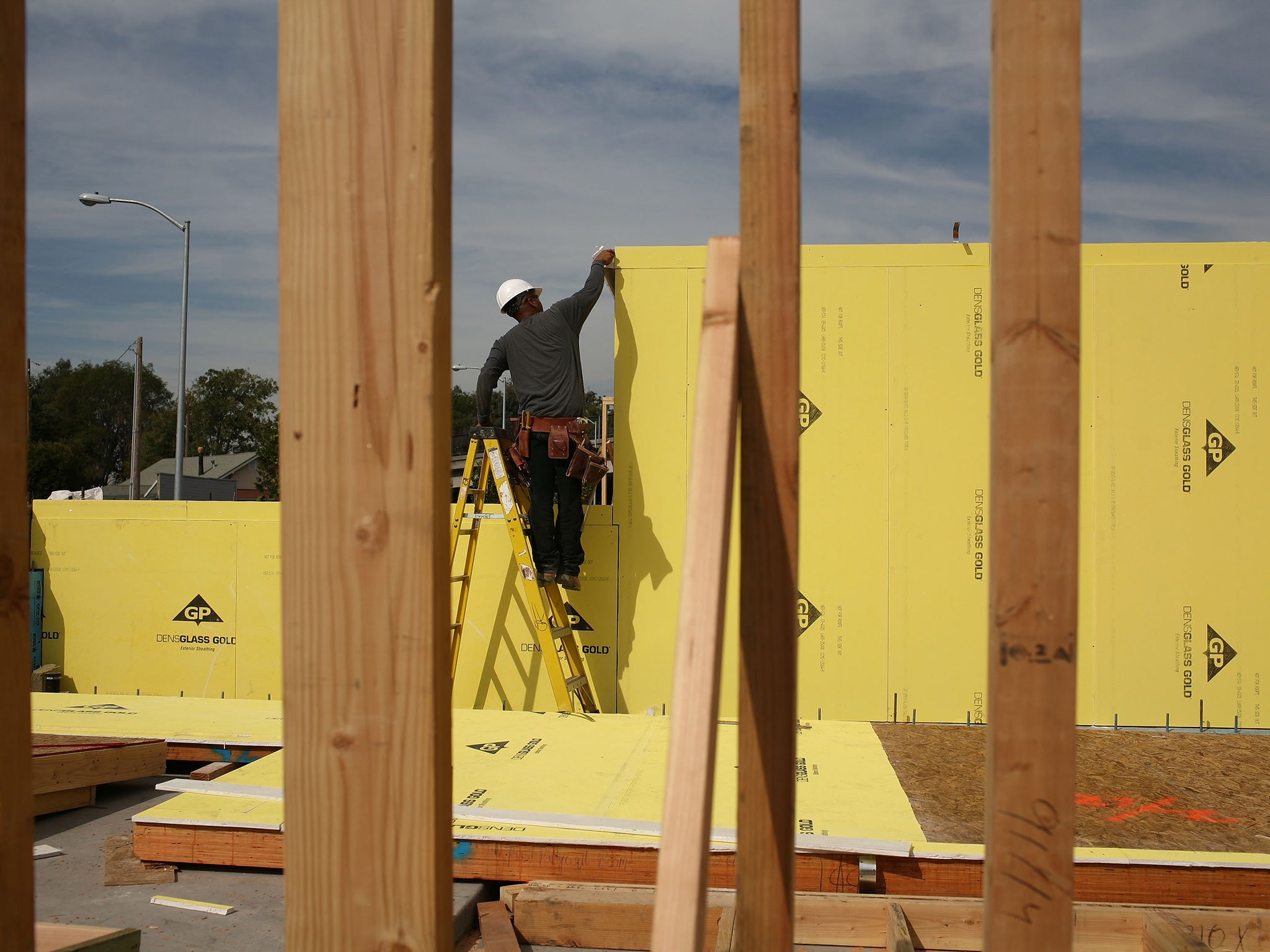Fuel poverty: England's poorest households won't all be properly heated for nearly 100 years
Porest and coldest households receiving improved insulation at a rate of only 1 per cent a year

Your support helps us to tell the story
From reproductive rights to climate change to Big Tech, The Independent is on the ground when the story is developing. Whether it's investigating the financials of Elon Musk's pro-Trump PAC or producing our latest documentary, 'The A Word', which shines a light on the American women fighting for reproductive rights, we know how important it is to parse out the facts from the messaging.
At such a critical moment in US history, we need reporters on the ground. Your donation allows us to keep sending journalists to speak to both sides of the story.
The Independent is trusted by Americans across the entire political spectrum. And unlike many other quality news outlets, we choose not to lock Americans out of our reporting and analysis with paywalls. We believe quality journalism should be available to everyone, paid for by those who can afford it.
Your support makes all the difference.England’s 2.3 million poorest and coldest households are receiving improved insulation at a rate of only 1 per cent a year – meaning they won’t all be properly heated for nearly 100 years.
Last year, the coalition vowed that “as many fuel-poor homes as reasonably practicable” would be improved to reach a middling Band C energy efficiency level. Energy bills for homes in this band are often more than £1,000 a year lower than for those with the poorest F and G ratings. Households in fuel poverty are judged to be those on low incomes but with high energy bills.
However, the shadow energy minister Clive Lewis and campaigners have pointed to official figures that suggest the Government will struggle to get anywhere near its 2030 target. In 2013 only 110,000 homes – about one in 20 of England’s 2.3 million fuel-poor households – had been insulated to Band C level, up from 40,000 in 2010. At the current rate of progress – about 1 per cent a year – barely a fifth of fuel-poor households will have reached Band C by 2030.
A spokesman for the Association for the Conservation of Energy said: “We believe this [analysis] to be true. To address the challenge of getting all fuel-poor homes to Band C is probably a century off and the Comprehensive Spending Review has not changed anything on that.”
In his Spending Review on 25 November, George Osborne referred to plans to upgrade the energy efficiency of one million homes within the lifetime of this Parliament.
Join our commenting forum
Join thought-provoking conversations, follow other Independent readers and see their replies
Comments